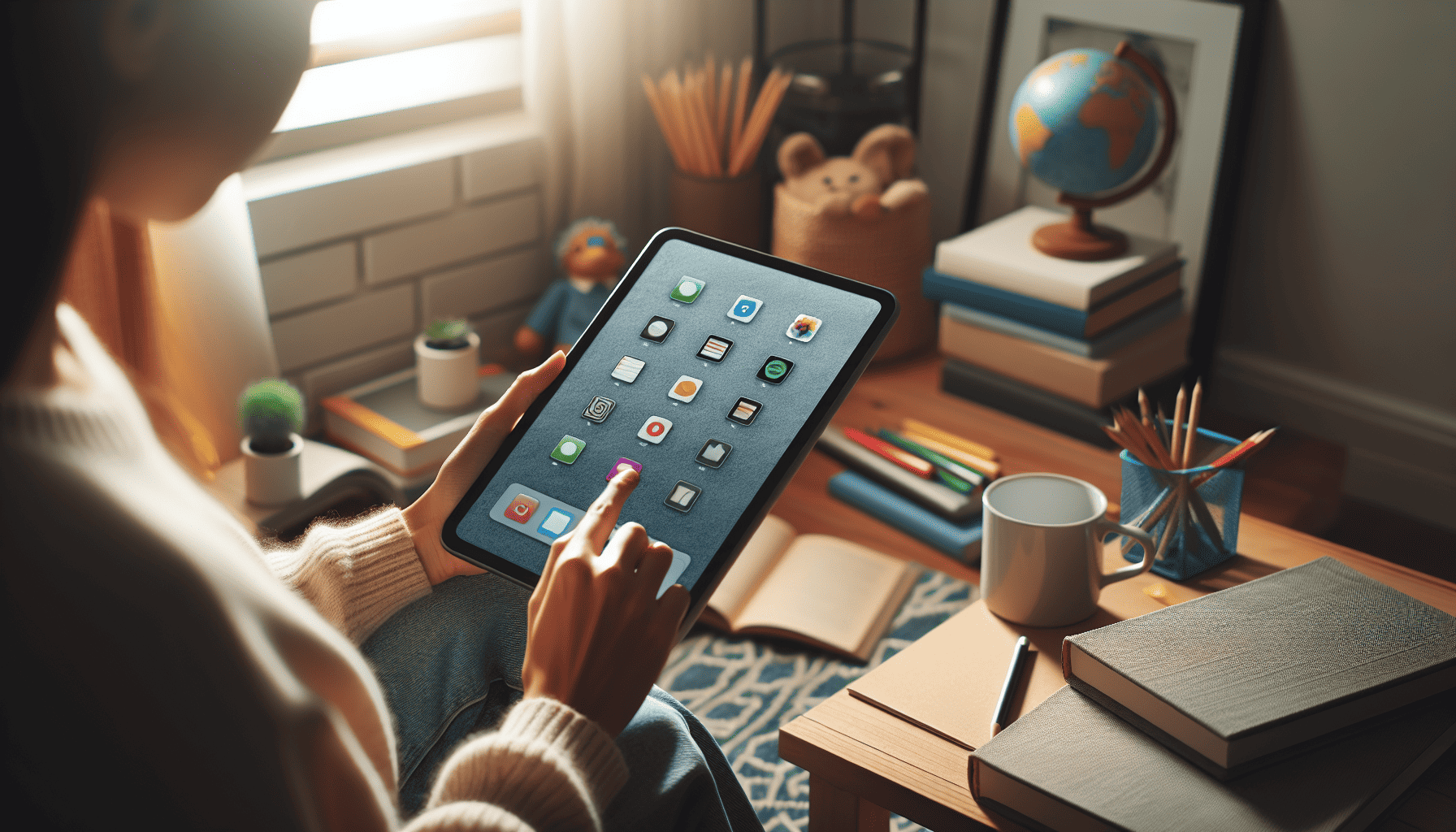In today's rapidly evolving educational landscape, the concept of personalized learning experiences has emerged as a pivotal focus. As traditional classroom settings often struggle to address the diverse needs and learning styles of every student, personalized learning offers a promising solution—a tailored educational plan that meets each learner's unique requirements.
At the heart of personalized learning is the recognition that no two students are alike. Each learner brings a distinct set of experiences, skills, strengths, and areas for improvement. Personalized learning aims to harness this uniqueness, crafting educational experiences that reflect individual differences, thereby promoting engagement, motivation, and ultimately, success.
One of the defining features of personalized learning experiences is the customization of education. This involves adapting teaching strategies, content, and pace to suit the needs of individual students. Technology plays a crucial role in this process. With access to advanced software and educational platforms, teachers can now assess a student's progress in real-time and adjust lessons to better align with each student’s personal learning goals. This adaptability ensures that students remain both challenged and supported throughout their educational journey.
Another core component of personalized learning is the collaboration between educators and learners. Students are encouraged to take an active role in their own education by setting goals, making decisions regarding their learning pathways, and reflecting on their achievements. This empowerment not only fosters a sense of ownership and responsibility but also helps cultivate critical thinking and decision-making skills essential for lifelong learning.
Furthermore, personalized learning extends beyond academic performance, taking into account the social and emotional aspects of learning. By understanding a student's interests, motivations, and emotional well-being, educators can create a more holistic educational plan that not only targets academic success but also supports the overall development of the individual.
The benefits of personalized learning are manifold. For students, this approach translates to increased engagement and motivation, as learners are more likely to excel when education is relevant and meaningful to them. For educators, personalized learning offers an opportunity to differentiate instruction more effectively, allowing teachers to meet a broader range of needs within their classroom. Finally, for parents and guardians, personalized learning provides a transparent view of their child's educational journey, fostering a sense of inclusion and partnership in the learning process.
Despite its promising potential, implementing personalized learning is not without challenges. It requires a significant shift in mindset and practice for both educators and institutions, as well as investment in training and technology. However, as educational environments become more adaptable and responsive, the impact of personalized learning will likely continue to grow, transforming the way we perceive and approach education.
In conclusion, personalized learning experiences stand at the forefront of educational innovation. By placing the student at the center of the learning process and creating tailored pathways that align with individual needs and aspirations, personalized learning holds the key to unlocking each learner’s full potential, ultimately preparing them for a future that values adaptability, creativity, and lifelong learning.
